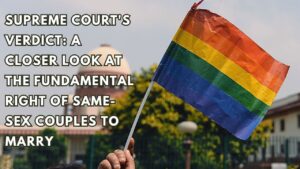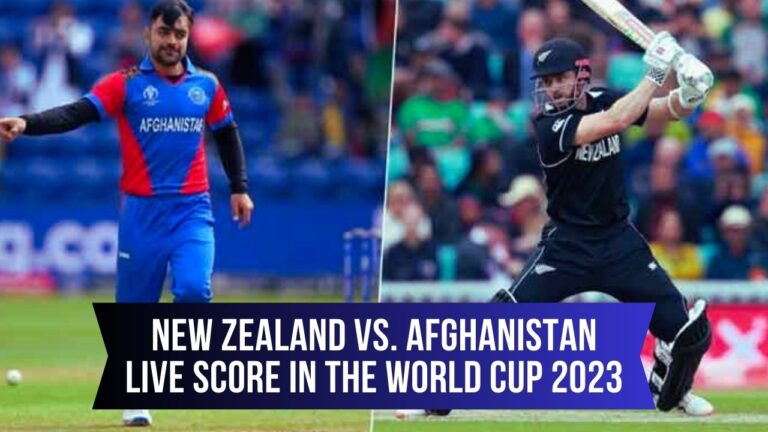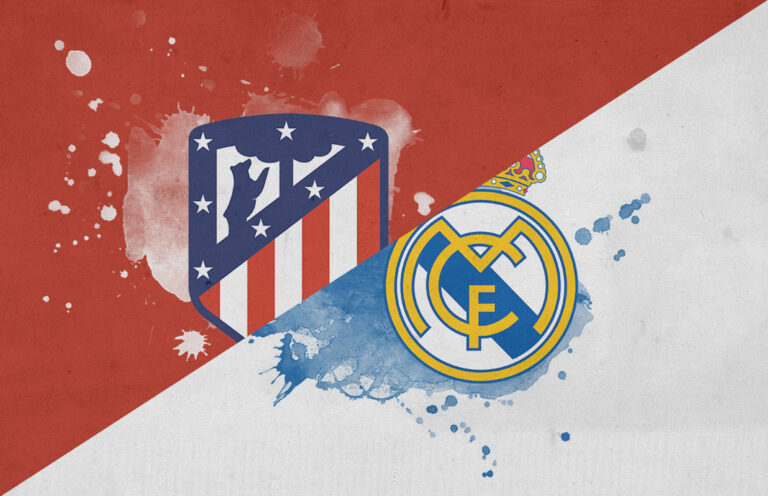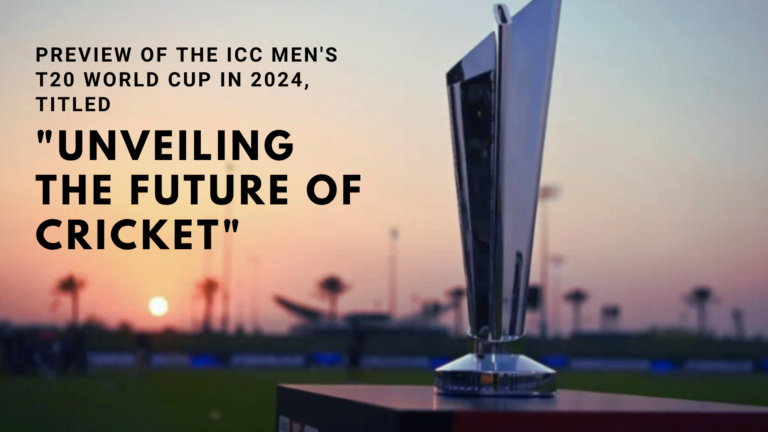Live Explanation of Same-Sex Marriage in India: Today, a five-judge panel led by Chief Justice of India DY Chandrachud issued a decision on marital equality. Scroll down to see what the judges stated and how their arguments were explained.
New Delhi: On Tuesday, October 17, the Supreme Court issued its ruling in the case of marital equality. The court agreed that the Parliament, not the court, should decide whether marriage equality should be legalized.

The validity of marital equality should be decided by Parliament, according to India’s Chief Justice D.V. Chandrachud, and the court lacks the authority to enact new legislation.
The three additional judges on the bench, however, disagreed with this instruction.
D.V. Chandrachud, the Chief Justice of India, joined Justices Sanjay Kishan Kaul, Ravindra Bhatt, Hima Kohli, and P.S. Narasimha on the bench. The CJI rendered four verdicts throughout the hearing, stating, “There is some agreement and some disagreement with this judgment.”
The Special Marriage Act of 1954 was the only law that the bench would consider during the hearing; personal laws and the Hindu Marriage Act were explicitly excluded.
The statement “Idiosyncrasy is neither urban nor rural” was made by CJI Chandrachud.
According to CJI Chandrachud, his choice is connected to judicial review and the separation of powers. “Idiosyncratic people exist in all communities and villages, and the Constitution requires that this Court protect citizens’ basic rights,” he stated. Justice Chandrachud contends that the separation of powers doctrine does not prevent the court from issuing orders to protect fundamental rights.

Idiosyncrasy is neither urban nor rural, as Justice Chandrachud noted in a section of his ruling. He stated, “It is not a white man speaking English who can claim to be gay, but it is also a woman working in agricultural work in a village.”
The central government’s claim that this problem exclusively affects the metropolitan elite class was refuted by the court.
The right to select one’s partner and acknowledge that partnership in society is contained, according to the CJI, in the freedom to form an organization in a society. He claimed that not recognizing such oddball unions may limit freedom.
Some individuals might view it as the most significant choice of their lives. According to Article 21, this right is fundamental to the right to life and freedom.
Additionally, they talked about adoption-related rules and emphasized that there isn’t any proof that only married, same-sex couples make good parents. “CARA indirectly discriminates against non-traditional unions. Based only on their own ability, same-sex individuals are permitted to adopt. According to him, this worsens discrimination against the LGBTQ+ community. “…The CARA circular (which excludes same-sex couples from adoption) violates Article 15 of the Constitution.”
Justice Chandrachud stated that there were some aspects of Justice Bhatt’s decision with which he disagreed. He said, “In contrast to Justice Bhatt’s verdict, the directives in my judgment do not create an institution, but they make the fundamental rights effective under Article 21 of the Constitution.”
hen CJI read out the instructions he was giving. The creation of helplines and safe houses for queer couples is one of them. Others include raising awareness of the naturalness of diversity and directing law enforcement to refrain from unnecessarily intimidating LGBTQ+ individuals by calling them in to police stations.
The Special Marriage Act cannot be changed or rewritten to provide marriage equality, according to Justice Chandrachud, who concluded his opinion, as it is a matter for Parliament to decide.
He said, “We record the statement of the Solicitor General that the Central Government will constitute a committee to decide the rights and entitlements of individuals in same-sex unions.” He said that the committee will take into account registering LGBTQ+ people as nominees in each other’s bank accounts, including same-sex couples being listed as a family on ration cards.
It is critical to recognize civil unions: Justice The SK Kaul
The verdict was then read out by Justice S.K. Kaul.
“I agree with CJI’s ruling. According to Justice Kaul, maintaining rights is not alien to the constitutional court, and the court is guided by constitutional morality rather than societal morality. He underlined the need to acknowledge these [gay] unions as loving and sharing relationships.
In his remarks, Justice Kaul expressed his disagreement with Justice Bhatt’s assertion that the SMA was only passed to allow marriages between same-sex couples.
He stated, “Non-heterosexual unions and heterosexual unions should be seen as two sides of the same coin.” “This moment is an opportunity to remove historical injustices and discrimination, and, therefore, the government should recognize such unions or marriages as a matter of right.”
Additionally, they agreed with the Chief Justice’s need for anti-discrimination legislation.
Justice Kaul said, “Legal recognition of non-heterosexual unions is a step toward marriage equality.”
The legal standing of same-sex couples in the state cannot be determined by the court: Justices Hima Kohli and Ravindra Bhatt
Justice Ravindra Bhatt then read out the joint verdict he and Justice Hima Kohli had reached. Although they both agreed in large part with what the CJI had said, they didn’t always agree on the CJI’s directions. They agreed with the concurring opinion of Justice Narasimha.
The institution of marriage has undergone numerous improvements over time, according to Justice Bhatt.
He continued, “We are not particularly in agreement with CJI’s views on the idea of making intimate spaces democratic… these results were brought about by legislative acts.” Although the courts have intervened on behalf of LGBTQ+ people in violent situations, protecting the populace is the responsibility of the state.
Marriage is recognized as a social institution by this court. Marriage exists without the involvement of the state. According to Justice Bhatt, marriage’s requirements are self-imposed and have external origins.
According to Justice Bhatt, the court cannot issue judicial orders that would require the creation or modification of any social institution, including marriage.
“We concur that Article 21 unambiguously grants consenting individuals the ability to select their romantic partner. It includes the freedom to select a partner and intimacy. They all have the right to use their liberties unrestrictedly, just like any other citizen, he said. But he insisted that neither the court nor the legislature could be forced to provide a legal framework for same-sex relationships.
“Everyone has the right to select their companion. However, the rights resulting from such partnerships cannot be enforced onto the state. This part of the CJI’s decision is where we disagree,” Justice Bhatt stated.
He stated that because it can have unexpected repercussions and could be harmful to women, the SMA cannot be interpreted down in a gender-neutral manner.
According to Justice Bhatt, it may be unfair to deny same-sex partners benefits like PF, pensions, etc. But the Solicitor General had already stated that a committee would be set up to think about these essential adjustments.
Additionally, Justice Bhatt disagreed with the Chief Justice of India on the subject of same-sex couples’ ability to adopt children. This is not to say that couples who are not straight or who are not married cannot have children. According to Section 57’s stated goals, the state must make sure that it covers all relevant ground and that children receive all benefits on a broad basis. We need secure housing, he declared.
Justice Bhatt concluded by saying that legislation is the only way to give a civil union legal validity. But the ability of distinctive individuals to form relationships will not be hampered by this result.
The Constitution forbids the legal recognition of any citizen’s union. Justice Narasimha, p.s.
Justice Narasimha agreed with Justice Bhatt’s findings. Based on the arguments made by Justice Bhatt, he declared that the Special Marriage Act and the Foreign Marriage Act should be invalidated.
He said, “In this case, a review of the effects of the legislative framework is required, and for this, the responsibility has been constitutionally assigned to the legislature.”
Background
On May 11, the court had reserved its decision.
The petitioners’ attorney claimed that the Special Marriage Act is discriminatory in its current form since it excludes non-heterosexual couples and that denying non-heterosexual couples access to marital institutions amounts to denial and subjugation. They also claimed that the state had an obligation to recognize non-heterosexual relationships as marriages in a non-discriminatory way.





















+ There are no comments
Add yours